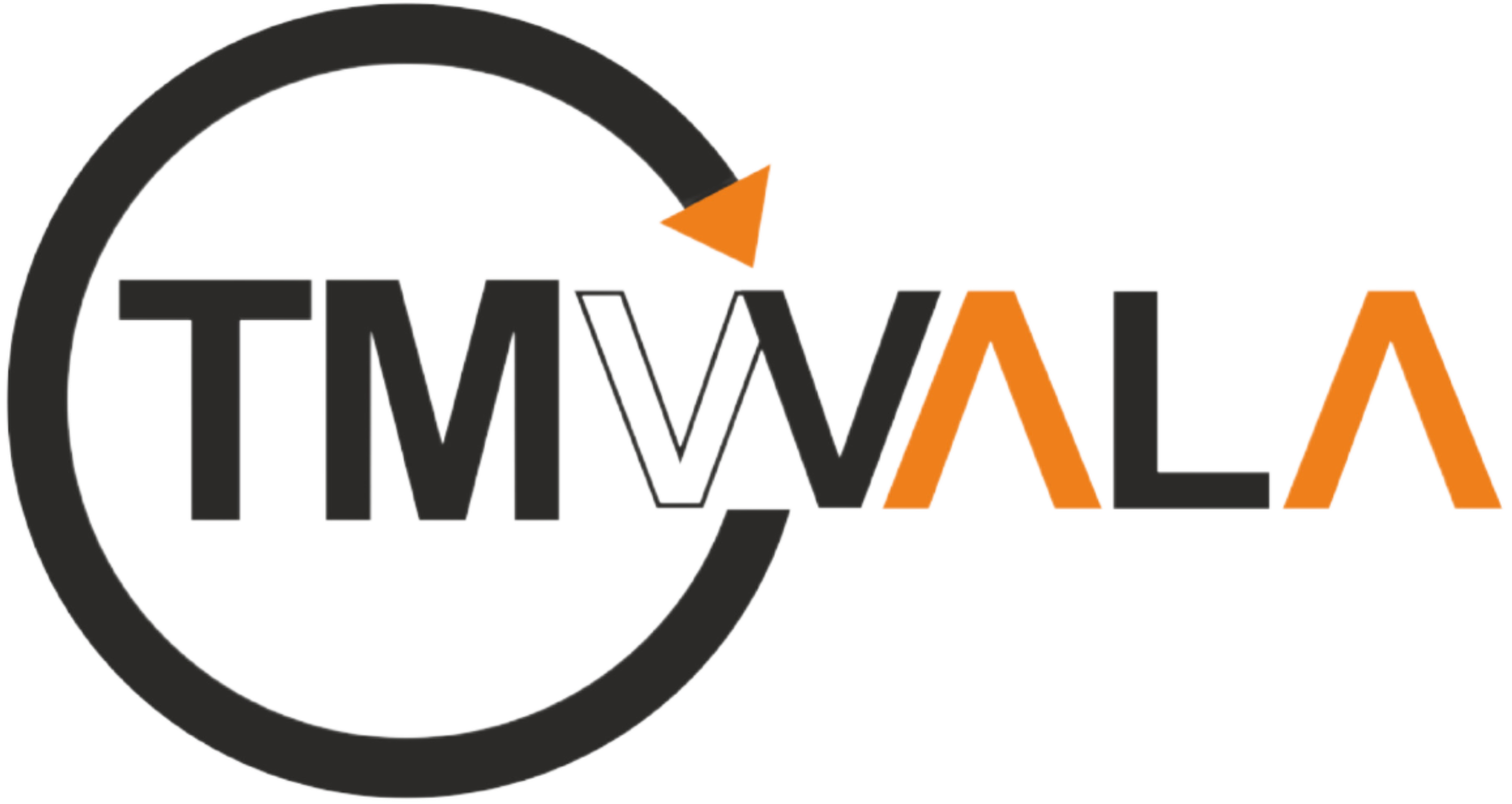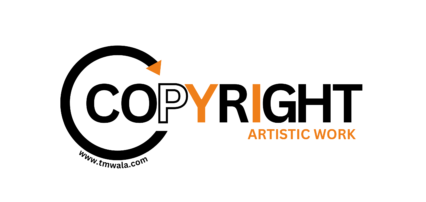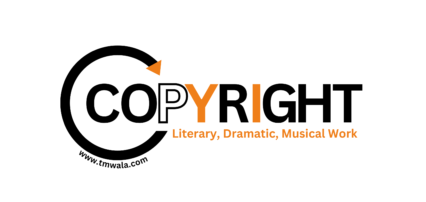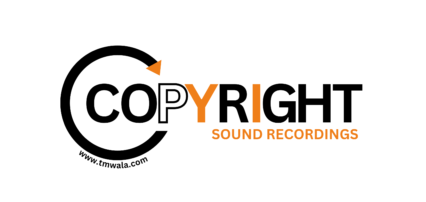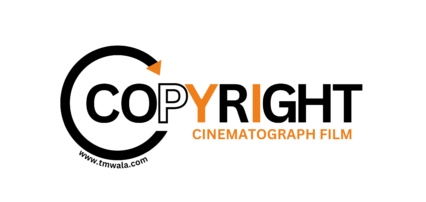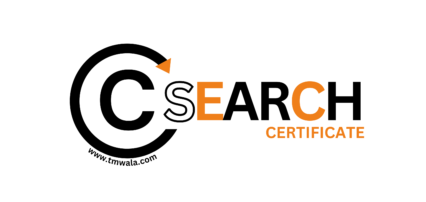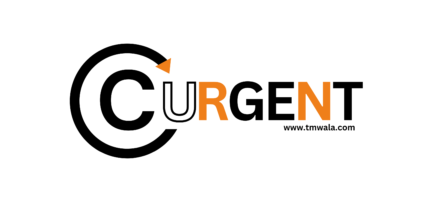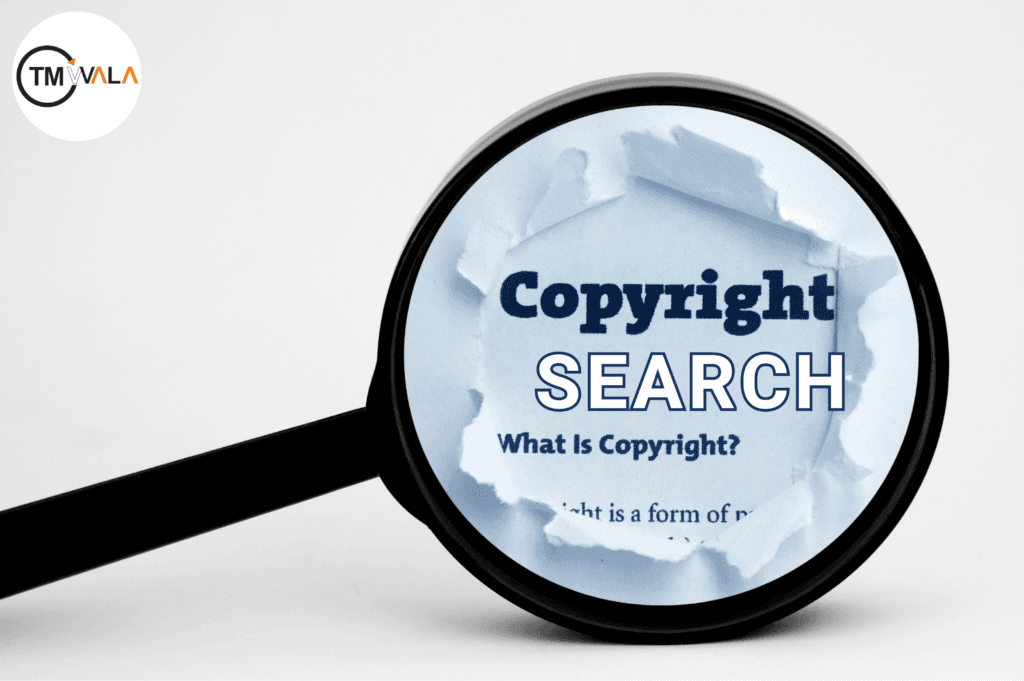Introduction
Copyright is a fundamental aspect of intellectual property law, offering protection to original works of authorship. In India, the copyright system is governed by the Copyright Act, 1957. One crucial step in the copyright registration process is conducting a copyright search. This blog will provide an in-depth understanding of the copyright search process, its significance, and address frequently asked questions to simplify this important procedure.
Understanding Copyright
What is Copyright?
Copyright is a legal right granted to the creator of an original work. This right provides the creator with exclusive control over the use and distribution of their work for a certain period. Copyright protection applies to a wide range of works, including literary, artistic, musical, and cinematographic creations.
Scope of Copyright
The scope of copyright includes the right to:
- Reproduce the work
- Distribute copies of the work
- Perform the work publicly
- Display the work publicly
- Create derivative works based on the original
What is a Copyright Search?
A copyright search is a process undertaken to determine whether a particular work is already protected by copyright. This search helps in identifying existing works that might be similar or identical to the work for which protection is sought. The primary aim is to avoid infringement and ensure that the work in question is eligible for copyright registration.
Why Conduct a Copyright Search?
Importance of Copyright Search
- Avoid Infringement: Conducting a copyright search helps to avoid infringing on existing copyrights, which can lead to legal disputes and financial liabilities.
- Assess Originality: It helps in assessing the originality of the work, ensuring that it qualifies for copyright protection.
- Informed Decisions: Provides valuable information for making informed decisions regarding the creation, use, and commercialization of the work.
- Identify Potential Competitors: Helps in identifying potential competitors and understanding the market landscape for similar works.
Types of Works Covered by Copyright
The Copyright Act, 1957 covers a broad range of works, including:
- Literary Works: Books, manuscripts, articles, computer programs, etc.
- Musical Works: Compositions, lyrics, etc.
- Artistic Works: Paintings, sculptures, drawings, photographs, etc.
- Cinematographic Films: Movies, documentaries, animations, etc.
- Sound Recordings: Audio recordings, podcasts, etc.
- Dramatic Works: Plays, scripts, choreographic works, etc.
Procedure for Conducting a Copyright Search
Step-by-Step Process
- Identify the Work: Clearly identify the work for which you want to conduct a copyright search. This includes understanding the category of the work and its unique elements.
- Access the Copyright Office Database: In India, the copyright office maintains a database of registered works. Accessing this database is the first step in conducting a search.
- Conduct Preliminary Search: Use online resources and databases to conduct a preliminary search. Websites like the Indian Copyright Office’s e-filing portal can be helpful.
- Use Professional Services: Consider using professional services or legal experts who specialize in intellectual property to conduct a thorough search.
- Analyze Search Results: Carefully analyze the search results to identify any potential conflicts with existing works.
- Document Findings: Keep detailed records of your search process and findings. This documentation can be useful in case of any future disputes or legal issues.
Tools and Resources for Copyright Search
- Indian Copyright Office Database: The official database for registered copyrights in India.
- Online Databases and Libraries: Websites like Google Scholar, Project Gutenberg, and other digital libraries.
- Professional Search Services: Intellectual property law firms and consultants.
Documents Required for a Copyright Search
To conduct a copyright search, you typically need the following documents:
- Detailed Description of the Work: A clear and detailed description of the work, including its unique elements and features.
- Copies of the Work: Copies of the work in question, such as manuscripts, images, audio files, etc.
- Applicant’s Information: Details of the applicant, including name, address, and contact information.
- Authorization Letter: If the search is conducted by an agent or representative, an authorization letter from the creator or owner of the work.
Costs Associated with Copyright Search
The cost of conducting a copyright search can vary based on several factors:
- Scope of the Search: A comprehensive search covering multiple databases and resources may cost more than a basic search.
- Professional Fees: Fees charged by intellectual property consultants or legal experts.
- Access Fees: Fees for accessing certain online databases or archives.
Common Challenges and How to Overcome Them
Challenges
- Limited Access to Databases: Access to certain databases may be restricted or require a subscription.
- Complexity of the Search: Conducting a thorough search can be complex and time-consuming.
- Interpreting Search Results: Analyzing and interpreting search results accurately requires expertise.
Solutions
- Use Professional Services: Hiring professionals can help overcome the complexities of the search process.
- Utilize Multiple Resources: Use a combination of online databases, libraries, and professional services to ensure a comprehensive search.
- Continuous Monitoring: Regularly monitor new registrations to stay updated on potential conflicts.
Case Studies and Examples
Example 1: Avoiding Infringement
An author planning to publish a book conducted a copyright search and discovered a similar title already registered. By modifying the title and some content, the author avoided potential infringement and legal disputes.
Example 2: Assessing Originality
A graphic designer conducted a copyright search before launching a new logo design. The search confirmed the originality of the design, allowing the designer to proceed with confidence and secure copyright protection.
FAQs
1. What is a copyright search?
A copyright search is the process of checking existing records to ensure that a work is original and does not infringe on existing copyrights.
2. Why is conducting a copyright search important?
It helps to avoid legal disputes, assess the originality of a work, make informed decisions, and identify potential competitors.
3. What documents are needed for a copyright search?
A detailed description of the work, copies of the work, applicant’s information, and an authorization letter if applicable.
4. Can I conduct a copyright search myself?
Yes, you can conduct a preliminary search using online resources, but for a thorough search, professional assistance is recommended.
5. How long does it take to conduct a copyright search?
The time required can vary based on the scope of the search, ranging from a few days to several weeks.
6. What happens if a similar work is found during the search?
If a similar work is found, you may need to modify your work or seek legal advice to avoid infringement.
7. Is a copyright search mandatory before registration?
While not mandatory, conducting a copyright search is highly recommended to avoid potential legal issues.
8. How often should I conduct a copyright search?
It’s advisable to search before registering a new work and periodically monitor new registrations to stay updated.
Conclusion
Conducting a copyright search is a crucial step in the process of protecting creative works. It ensures that the work is original, helps avoid legal disputes, and provides valuable insights into the competitive landscape. By understanding the procedure, utilizing available resources, and addressing common challenges, creators can navigate the copyright system effectively and secure their intellectual property rights.
